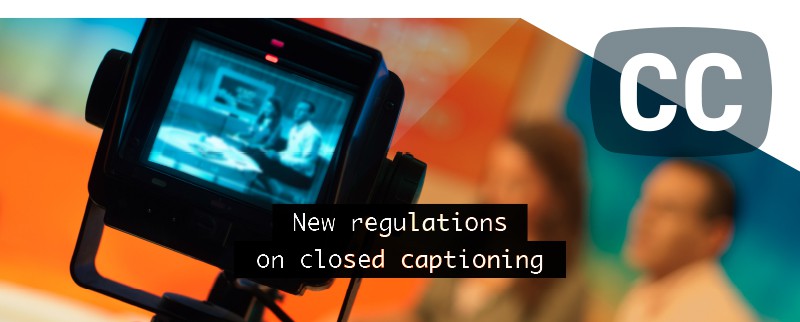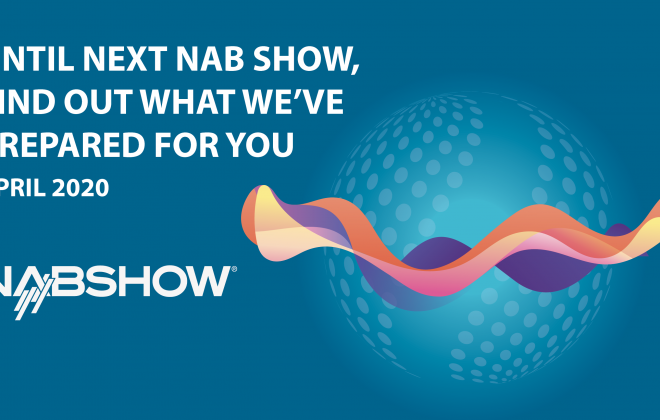1st July with more regulations for broadcasters
Everyone in the business knows that captions make a major difference for those with hearing disabilities to follow AV content. Captions are one of the most valuable access services for society as a whole, and help considerably them access information. While this is true, captions can also be hugely beneficial to quite a few different groups of people within our diverse society. For example, they increase language comprehension on children while learning, they can assist those who are not native English speakers on catching an unfamiliar word. People process information more effectively when reading compared to listening and captions can be a great benefit to all.
On each country, there are entities ruling captioned programs shown on TV. Let’s take a closer look at Brazil’s case. Regulated by the ANATEL communications agency, Brazil is a huge media market in terms of size and very demanding on accessibility’s regulations.
A proof of that is that ANATEL recently increased the rules of the game, by stating that all TV stations in Brazil will need to produce captions for 24 hours of programming from 1st July 2017, instead of the previous 20 hours. This means that main TV broadcasters such as TV Globo, TV Record, Rede SBT or TV Band and their affiliates for the 26 states, have to assure now the technical means to comply with that regulations for all the programming, both live and recorded contents. And if we think that Brazil is the 5th biggest country in world, the repercussions on that revision means a huge investment on Brazilian TV stations. On the other hand, in terms of captions’ accuracy, TV broadcasters are obligated to deliver ≥ 98% accuracy, which is a very challenging pattern to comply with. VoiceInteraction has been working closely with most TV broadcasters in Brazil and their affiliates to assure compliance with those regulations, and today, its closed captioning solution – AUDIMUS.MEDIA – is a leader in Brazil, not only because of its large vocabulary Portuguese-Brazilian language model but also due to the VoiceInteraction’s innovative technology behind it.
Jumping a bit to north to USA, the regulations on accessibility are even more demanding from the ones in Brazil. FFC regulates the market with highly demanding standards and in several fields, from TV broadcast to internet streaming or even sports venues.
Looking at TV Broadcast market, the list of requirements is growing. The main normative establishes that the major national broadcast television networks in USA (i.e., ABC, CBS, Fox and NBC), affiliates of those stations in the top 25 markets, and national non‐broadcast networks serving at least 50% of all homes subscribing to multichannel video programming services, must use real‐time captioning in order to comply with the FCC closed captioning regulations. VoiceInteraction is already working with several TV broadcasters in USA to accomplish compliance with FCC rules.
More recently (from 1st July 2017), the 21st Century Communications and Video Accessibility Act (CVAA) required that all live and near-live programs (a program recorded less than 24 hours before being aired for the first time) to be captioned within 12 hours of airing on television when these clips are delivered via Internet. This category includes TV programs like sporting events, news, or late-night talk shows.
In Latina America, the main media institutions in countries such as Chile and Peru are sensible to this reality and trying to follow the regulations of other countries such as USA. And it is just a matter of time until the rest of the Latin America countries head to the same direction.
However, if we look at Europe’s case, the picture is quite inconsistent. The theme hasn’t been unexplored by the European Union and EBU. The AVMS directive establishes that member States are to make certain that media services are accessible to people with visual or hearing disabilities. At a national level, there are a few entities establishing regulations, such as, for example, the Ofcom in UK and ERC in Portugal.
Recently, broadcasters and disability organizations drew up a common recommendation on future EU rules for audiovisual access services. The European Broadcasting Union (EBU), the European Disability Forum (EDF), and the Association of Commercial Television in Europe (ACT) have made a common proposal to improve the accessibility of audiovisual media services for persons with disabilities. Other entities such as ERGA are putting their influence with the production of related market studies.
VoiceInteraction has as prior mission to give its technological contribution in the field of captioning, at a worldwide level, thus has a natural concern on how markets are approaching the TV Broadcast sector in terms of regulations. Knowing the vast benefits that captions bring to society, the big question that remains is how long is going to take for Europe to discuss a structured plan that effectively grants that all providers introduce captions on their TV programs?







